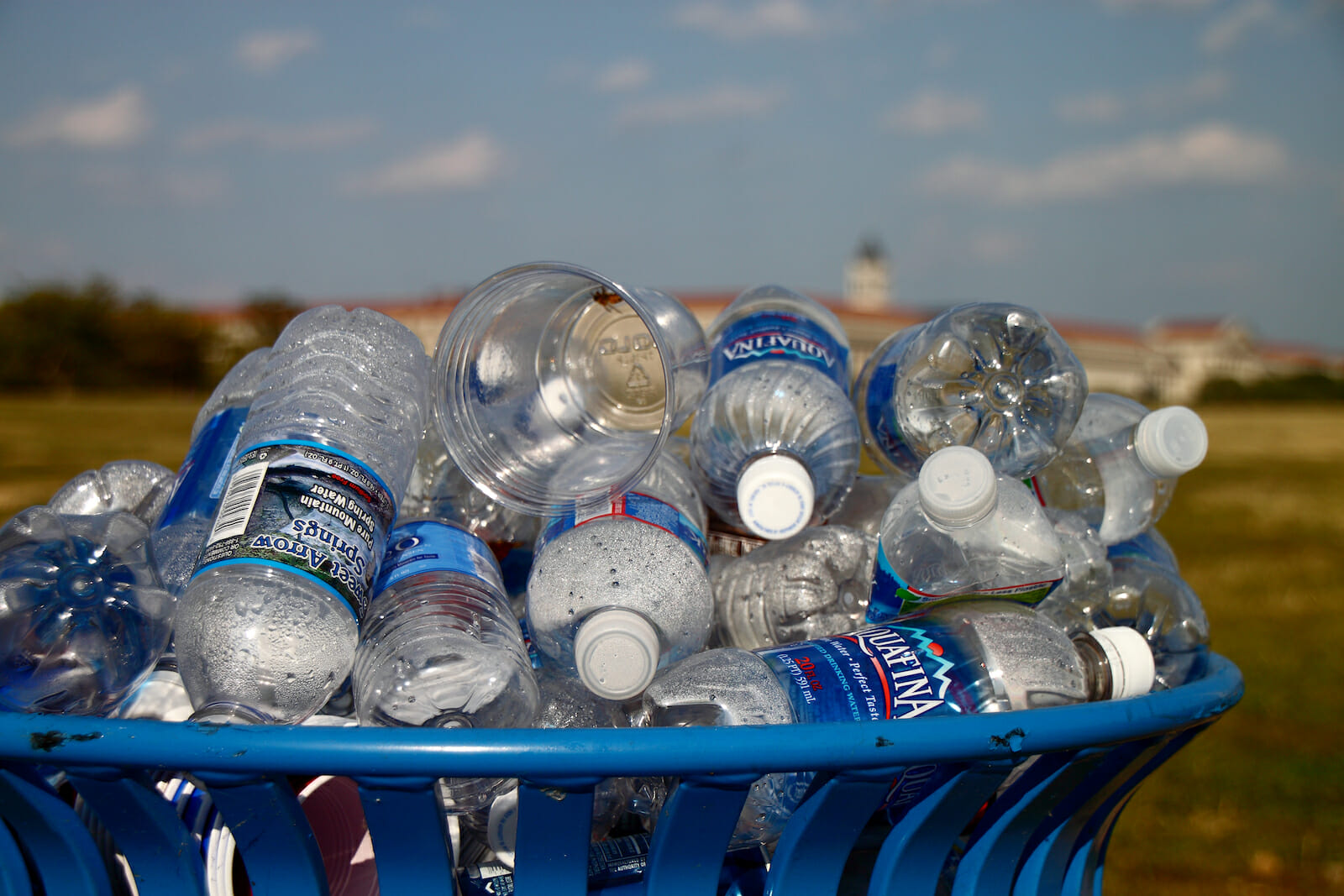
Health
Can Edible Water Pods Save the Planet?
The recklessness with which the human race has engaged in materialization and consumption over the centuries is breathtaking. One in five species is now under direct threat of extinction, with 50 percent of animal wildlife on course for obliteration by the end of the coming century. Americans alone burn tens of millions of barrels of oil every year so we can add tens of billions of plastic bottles to landfills, where they linger many times longer than any human lifespan. And of all the turtles in the sea, as many as 93 percent may contain health-compromising microplastics.
Our institutions are not protecting the planet and its bountiful life — including our own. The current state of access to clean drinking water is one ugly and inevitable consequence of failing to protect either the planet’s interests or those of our own species.
The good news is, interested parties have developed a fascinating new technique for transporting and storing water — and it doesn’t have anything to do with petroleum or plastic bottles.
What Are Edible Water Pods?
Instead of plastic bottles, water may someday be distributed in edible “pods.” The idea came originally from students at the Royal College of Art in the UK and the Imperial College of London, but its current steward is a company called Skipping Rocks Lab. Based in London, the team at Skipping Rocks hopes their water pods — which they call the “Ooho” — will provide a convenient and environmentally low-impact way to transport potable drinking water throughout the world.
So how does it work?
Instead of a traditional plastic bottle, Ooho houses water in a thin, clear membrane fashioned from compounds found within seaweed. The result is a kiwi-sized orb of water that looks a little like an uncanny water balloon. It can be handled and transported with ease, but if it’s discarded or left behind someplace, it will naturally break down within six weeks.
Since 2013, the company has been crowd-sourcing funds from investors and the public in the hopes of bringing Ooho to the market.
Applications in the First and Third World
The problem for which Ooho proposes a solution is, indeed, a dire one. Plastic water bottles were a bad idea from the start, given what we know now about how frequently they’re discarded without so much as a second use. That we chose to outlaw and exterminate hemp — a fibrous, renewable, earth-friendly material from which cording, paper, and plastic can be fashioned — is another keen point of shame. It wasn’t until the year 2018 that states and even the federal government began moving in a serious way to redress this failure. Consequently, hemp-based water bottles may be coming to a grocer near you.
But what about the Ooho water pod? Where does it fit into this? Where is the market here? Skipping Rocks Lab explains:
“Where we see a lot of potential for Ooho is outdoor events — festivals, marathons, places where basically there are a lot of people consuming packaging over a very short amount of time.”
If drinking clean water from a plastic bottle is a luxury, then doing so at an outdoor music festival is even more so. It’s good to know there may be a fix coming for at least some of the mounds of garbage left behind when humans gather in quantity. But this is an example of trading one form of privilege for another — one container for another. Where are the truly compelling applications for this technology, apart from providing first-world festivalgoers with a novel drinking vessel?
A Better Way to Distribute Water in Poverty-Stricken Areas?
It’s easy to take potable water for granted when you’ve got ready access to it. It can also be easy to forget how much of our lives revolve around this simple chemical. We don’t just drink it to survive — we also bathe ourselves in it, clean with it, and, of course, recreate in it. Nowadays, it’s even been revolutionizing recovery options for the disabled population. We find amazing new ways to use this vital resource every day, but don’t think often enough about how we’ll keep ensuring our access to it.
Access to water is equal parts an essential resource, a luxury, and even a source of joy. It is, in other words, a resource all of the peoples of the world have a right to. With this in mind, the creators of Ooho believe their invention might have a role to play in raising the standard of living in parts of the world:
“The process we’re developing allows for them to be made on the spot, just before consumption. If you think of a coffee machine…that makes the coffee just before you drink it, we’re working on something that would be about that size.”
With potential serving sizes ranging from 50 milliliters to 150 milliliters depending on where they’re deployed, water pods and the proposed “pressing machine” to churn them out could be easily installed in a Starbucks or a food truck — or beside a communal village well, say, in the developing world. This wouldn’t be the first product invented with the third world specifically in mind. Plastic “water sachets” had some potential, but apart from making carrying and distributing water physically easier, they kept the other problems intact: namely, the unsustainable flow of plastic waste into the natural environment. The Ooho is a clear improvement from that earlier model.
Some Water Problems Require More Than a New Container
What this product doesn’t do is remove any of the urgency from our resource-centric humanitarian crises. Flint’s water crisis might finally be over sometime in 2019. But we’ll never forget how long it took. Remember the year following Hurricane Maria where Puerto Ricans couldn’t trust their water? Developing environmentally friendlier new containers will help make our response to natural and human-made disasters more orderly and less wasteful, potentially, but it doesn’t help build or rebuild critical infrastructure.
Even with these caveats accounted for, this is an exciting invention. Water is literally the elixir of terrestrial life, no matter where on the planet we live. Very little about how our resources are distributed, and how we manage our waste, is ethical, equitable or sustainable. But water pods are a welcome addition to our conversation about these problems, even if they’re a small part of the work still ahead of us.

